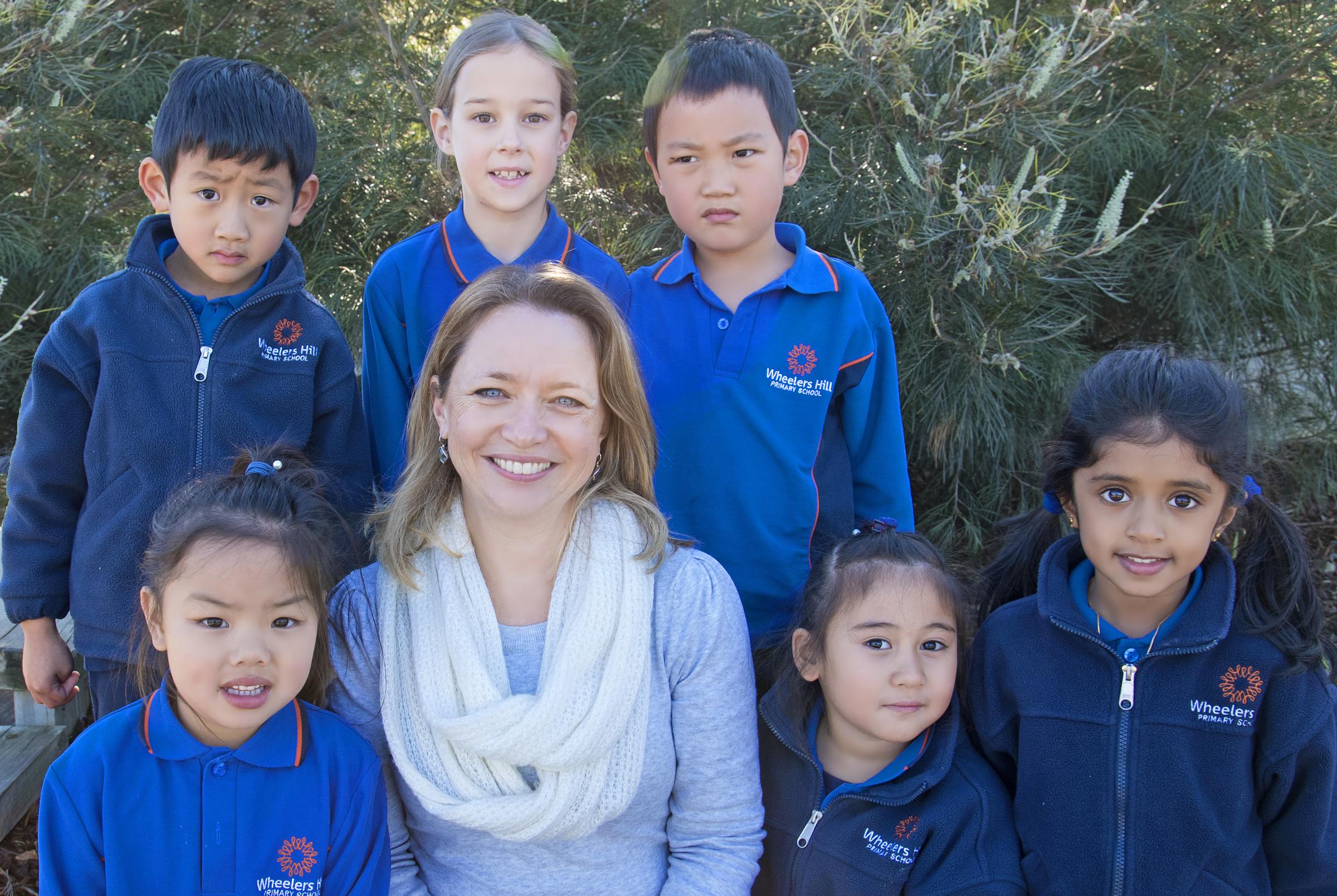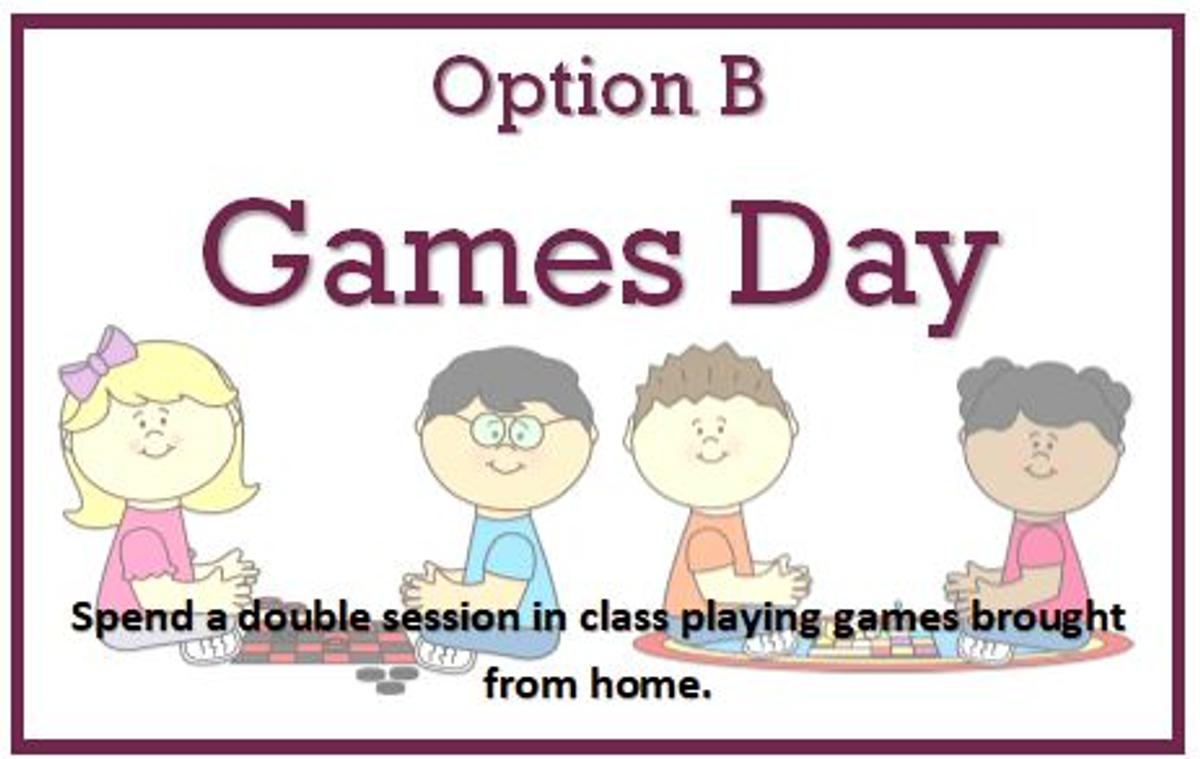Assistant Principal's Report Katrina Spicer - Welfare and Wellbeing

11th October, 2019
SWPBS
During the last week of Term 3, the Whole School Reward of 'Movie Day' meant that all students watched a movie in class. Movie Day was easily the most popular vote, receiving twice as many votes as the other options!
This term, the three rewards that students can vote for are:
Turn Back Time, Games Day and Extra Long Lunch Play.
The focus behaviour at school for the first two weeks of this term is: 'We are organised and prepared.' Class teachers will be explicitly teaching their students how to be organised and prepared at school. Students who display this expectation may receive a token from the teacher. Students then use their tokens to vote for the Whole School Reward, which will be received during the last week of term.
The SWPBS model that we follow is positive acknowledgement of expected behaviours. But children do not automatically know the behaviours that are expected of them. Students learn appropriate behaviour in the same way a child who doesn't know how to read learns to read - through instruction, practice, feedback and encouragement.
If a child makes a mistake with their speaking, we teach them the correct way.
If a child makes a mistake with their reading, we teach them the correct way.
If a child makes a mistake with their mathematics, we teach them the correct way.
If a child makes a mistake with their behaviour... of course, we should teach them the correct way!
Some ways you can teach your children to be organised and prepared at home are:
- Use checklists
Whether it is as simple as 'Three things to do before bed', or 'What to take on a picnic', creating and referring to lists together will develop your child's ability to prioritise tasks and organise time. Having a checklist for packing their school bag is also a sensible idea.
- Assign chores that involve sorting or categorising
Grocery shopping, emptying the dishwasher, cleaning out a wardrobe and other jobs that involve pre-planning, making lists or arranging things are great choices.
- Establish routines
Homework routines, morning routines, bedtime routines, all give children a sense of stability and expectation. Children know what they have to do and often work through routines like they are a checklist - ensuring everything that needs to be done gets done.
- Cultivate an interest in collecting
If your child has a particular interest, encourage them to create and organise the collection. Things such as Pokemon cards, stamps, gem stones and stamps are great for classifying according to different criteria.
- Encourage planning ahead
Chat together about upcoming events, and what you can do to prepare. A good example is packing their school bag the night before, or writing a guest list for a party.
Parenting Ideas Article
When Kids Experience Problems at School
By Michael Grose
Every parent wants the best for their children, and that includes wanting them to have great experiences at school. By and large, Australian schools deliver on that expectation. They are generally safe places for kids, staffed by hard-working teachers who have the best interests of their students at heart. Achievement, discipline and student wellbeing are high on the list of priorities for most teachers.
Nevertheless, despite the best teaching practices things do go wrong at school. Most kids experience learning difficulties from time to time. Conflict and peer rejection are a normal part of school life. The developmental nature of childhood means that there will always be some turbulence, particularly around key transition ages such as the start of adolescence. During these times young people frequently experience a dip in their learning as well as significant relationship difficulties. Kids will often come home from school with grievances, and call on their parents for assistance.
Your approach as a parent when your child has difficulty at school can make a huge difference to their resilience and to their future relationships with teachers and peers. This includes not only advice you may give and the way you give it, but also the way you approach the school, if that becomes necessary. Unfortunately, anecdotal evidence suggests that there’s been a significant increase in aggressive incidents at schools involving parents reacting to their children’s grievances. This presents a danger to teachers, harms the all-important teacher/parent relationship, and sets a bad example to children about how to resolve differences.
Here is a seven point checklist to help you stay focused and be effective if your child experiences difficulty at school.
1. Be empathetic first
Kids, like adults, like to vent. They will often benefit simply from having told their side of a story to a trusted source. Often they just want their parents to understand what’s happening, so your first response should be an empathetic one. That is, your child should feel you understand them and take them seriously. “That’s awful. I’d be upset too if someone stole my lunch” is the sort of response kids want to hear when they are genuinely upset.
2. Stay calm and take your time
It’s natural as a parent to want to protect or defend your children, particularly when you think that they’ve come in for some unfair or poor treatment. But acting when you are full of emotion is not always smart as emotions make us prone to over-reaction and jumping to all sorts of possibly incorrect conclusions.
Rather than getting on the phone straight away to organise a meeting at school, take your time to think through how you might assist your child. Time generally provides greater perspective, which will likely lead to a better response from you.
3. Get all the facts
Getting the facts about the situation can be really tricky. Kids are faulty observers and often only see one side of a story when there’s a problem with a teacher or a fellow student. They sometimes can’t see that perhaps they may have contributed inadvertently to a dispute at school, or perhaps said something that may have upset a teacher. It’s your job to help your child or young person process what happened in an incident, so that all the facts emerge and you can fully understand their place in any problem. Keep asking questions to enable the complete story to unfold.
4. Assess whether to go to school or not
Often problems can be dealt with at home, simply by talking through an issue and giving kids some common sense tips to help them cope. However, if your child has a recurring problem that they can’t resolves themselves, or you think adult intervention may be needed to sort out a relationship issue with a teacher or peer, then consider meeting with your child’s teacher or year level coordinator.
5. Use the right channels if you take the issue to school
Approach the school calmly, going through the school office or directly to your child’s teacher if that is the usual protocol. If you have already established a relationship with the teacher concerned, then it’s often easier to approach them directly.
6. Look for solutions rather than blame
Parent-teacher meetings usually get nowhere when either party blames the other. State the problem as you see it and view your child’s teacher as an ally, not a foe. “I’m really worried about Jeremy. He’s been acting strangely lately and I need some help” is the type of approach that will elicit a helpful response. Talk about your concerns and keep the discussion focused firmly on what’s best for your child. Listen to your teacher’s viewpoint, valuing a different perspective.
7. Stay in touch
Be realistic with your expectations, remembering that some problems can’t be solved to your satisfaction, not will they be resolved straight away. Be prepared to work alongside your child’s teacher over the long-term, which means maintaining communication with each other.
Parenting is easy when things are going well, but testing when your children struggle or experience difficulty. Stepping back and taking a long-term, reflective view is often the best approach when your child experiences difficulty at school.
Katrina Spicer
Assistant Principal - Welfare and Wellbeing



